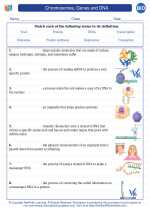Combustion Reaction
A combustion reaction is a type of chemical reaction in which a substance combines with oxygen to produce heat, light, and new chemical compounds. This process is also commonly referred to as burning. Combustion reactions are exothermic, meaning they release energy in the form of heat and light.
General Equation
The general equation for a combustion reaction is:
Fuel + Oxygen → Carbon Dioxide + Water + Heat
Example
One example of a combustion reaction is the burning of methane (CH4) in the presence of oxygen:
CH4 + 2O2 → CO2 + 2H2O + Heat
Types of Combustion
There are two main types of combustion: complete combustion and incomplete combustion.
Complete Combustion
Complete combustion occurs when there is a sufficient oxygen supply, resulting in the production of carbon dioxide and water as the primary products. This type of combustion is more efficient and clean.
Incomplete Combustion
Incomplete combustion happens when there is a limited oxygen supply, leading to the production of carbon monoxide, carbon, and water as byproducts. Incomplete combustion is less efficient and may produce pollutants.
Applications
Combustion reactions are fundamental in many practical applications, including:
- Internal combustion engines in automobiles
- Power generation in thermal power plants
- Cooking and heating in households
- Industrial processes such as metallurgy and refining
Study Guide
To understand combustion reactions better, it's important to grasp the following concepts:
.◂Biology Worksheets and Study Guides High School. Chromosomes, Genes and DNA
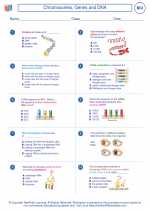
 Worksheet/Answer key
Worksheet/Answer key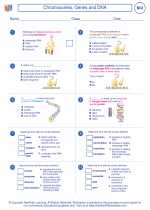
 Worksheet/Answer key
Worksheet/Answer key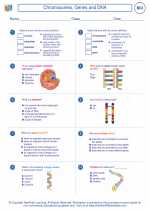
 Vocabulary/Answer key
Vocabulary/Answer key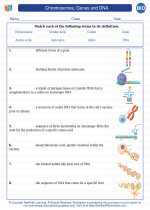
 Vocabulary/Answer key
Vocabulary/Answer key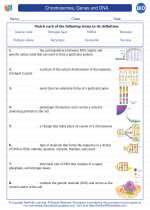
 Vocabulary/Answer key
Vocabulary/Answer key